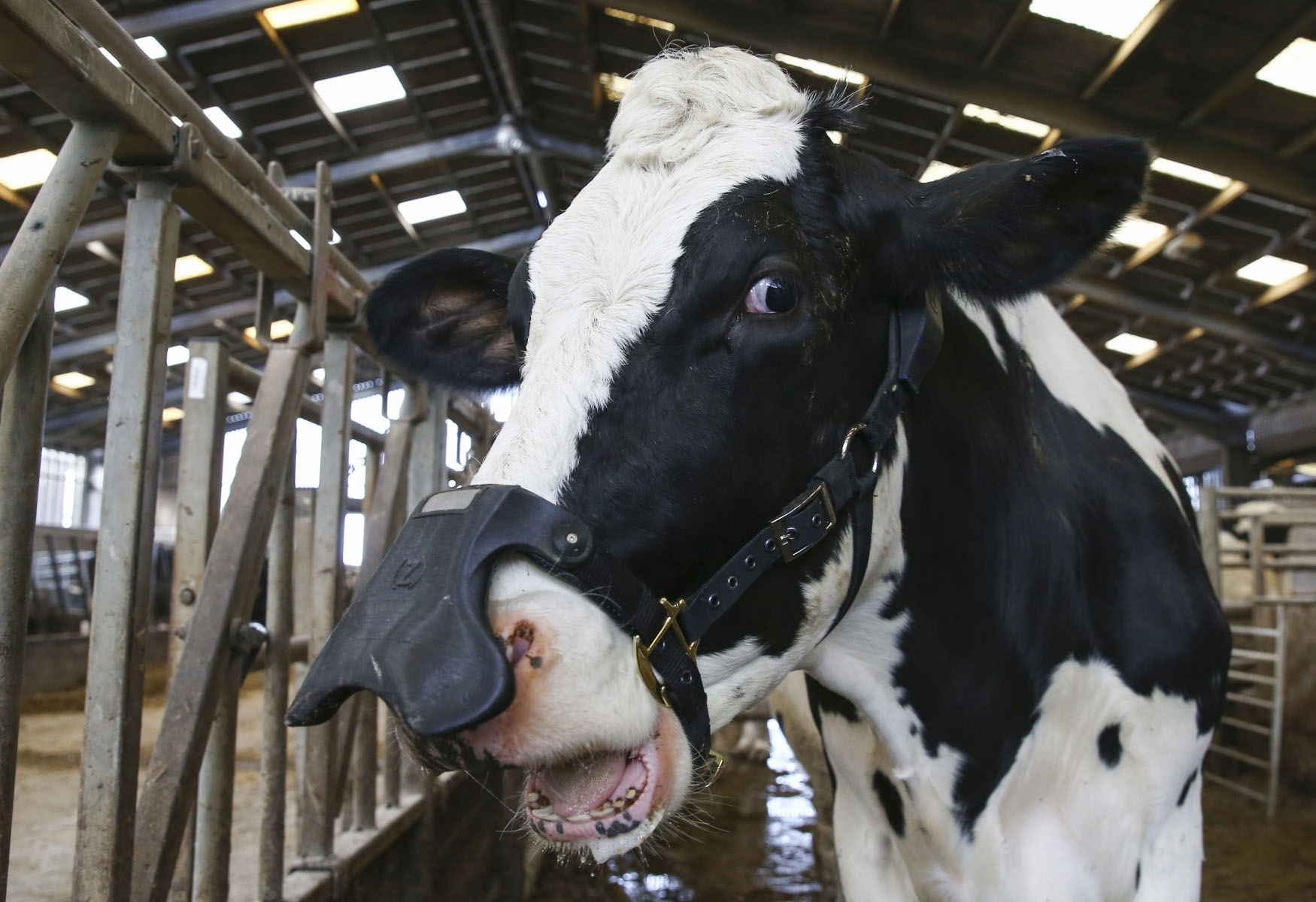Varaha, an agricultural startup, is making waves in the industry by helping smallholder farmers in India, Bangladesh, Nepal, and Kenya reduce climate-harming practices. The company has recently attracted investor interest as an end-to-end developer for carbon credits, generating them through sustainable and regenerative farming practices. Let’s delve into the details of Varaha’s innovative approach and its impact on the environment and smallholder farmers.
Key Takeaway
Varaha’s innovative approach to carbon credits is revolutionizing the agricultural industry, empowering smallholder farmers, and contributing to a more sustainable future.
Empowering Smallholder Farmers
Varaha’s mission revolves around empowering smallholder farmers to adopt sustainable and regenerative farming practices. By working with over 100 partners, the startup aims to onboard farmers and help them reduce carbon emissions while enhancing their productivity and crop yields. Through the creation of nature-based carbon credits, Varaha provides farmers with a new revenue stream and encourages them to limit their contribution to atmospheric pollution.
Revolutionizing Carbon Offsets
The voluntary carbon offset market is projected to reach $250 billion by 2050, signifying a significant shift towards sustainable practices. Varaha’s unique approach to generating carbon credits from agriculture sets it apart from traditional carbon offset projects. The startup’s measurement, reporting, and verification (MRV) platform utilizes remote sensing, machine learning, and scientific research to quantify emission reduction and soil organic carbon sequestration, ensuring the creation of high-quality carbon credits.
Championing Environmental and Financial Benefits
Varaha’s efforts not only benefit the environment but also provide financial incentives for smallholder farmers. By selling nature-based carbon credits to companies, mainly in Europe, the startup enables farmers to receive 60% to 65% of the carbon credit sales value. This financial support, coupled with sustainable farming practices, contributes to a win-win situation for both the farmers and the environment.

























